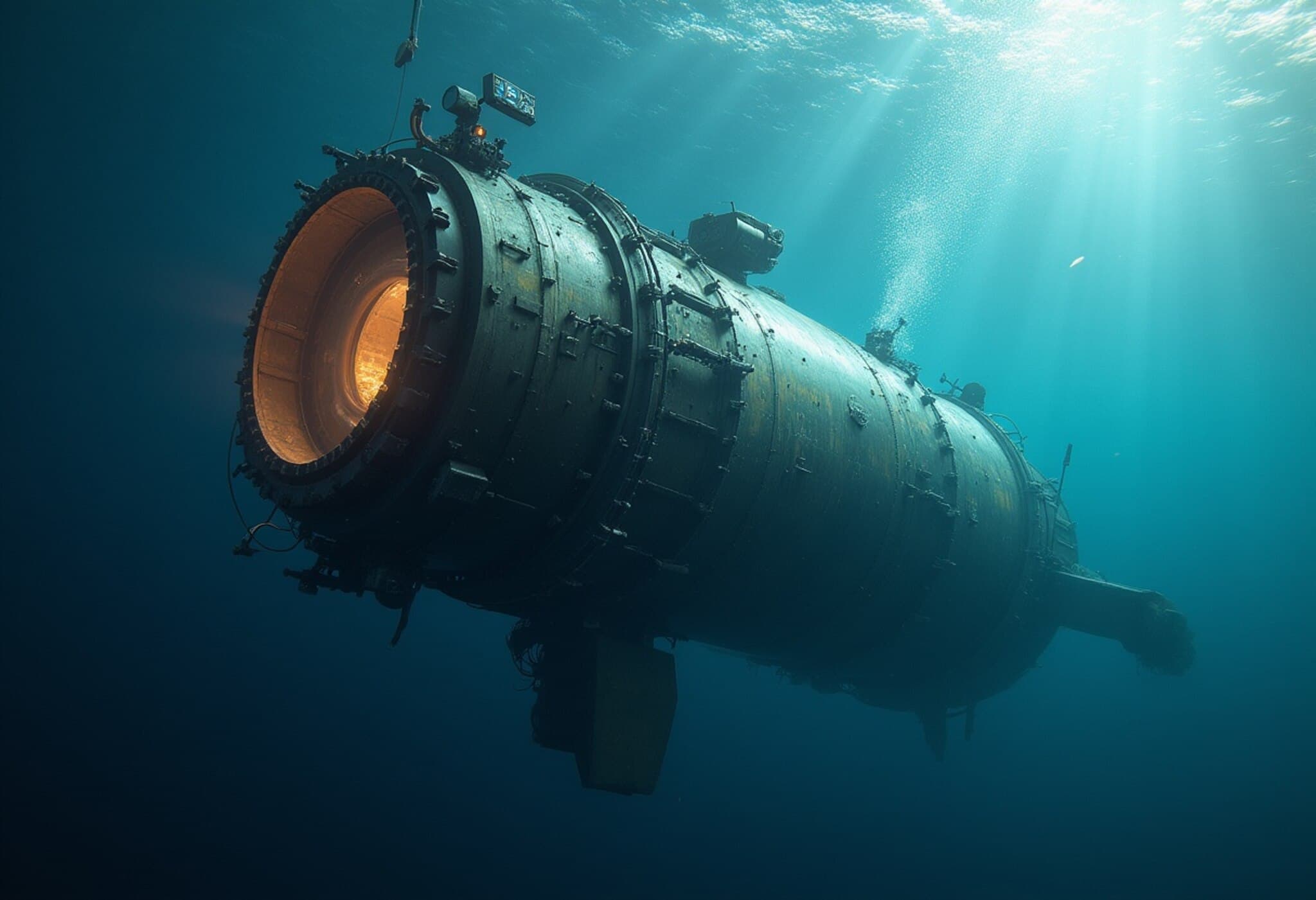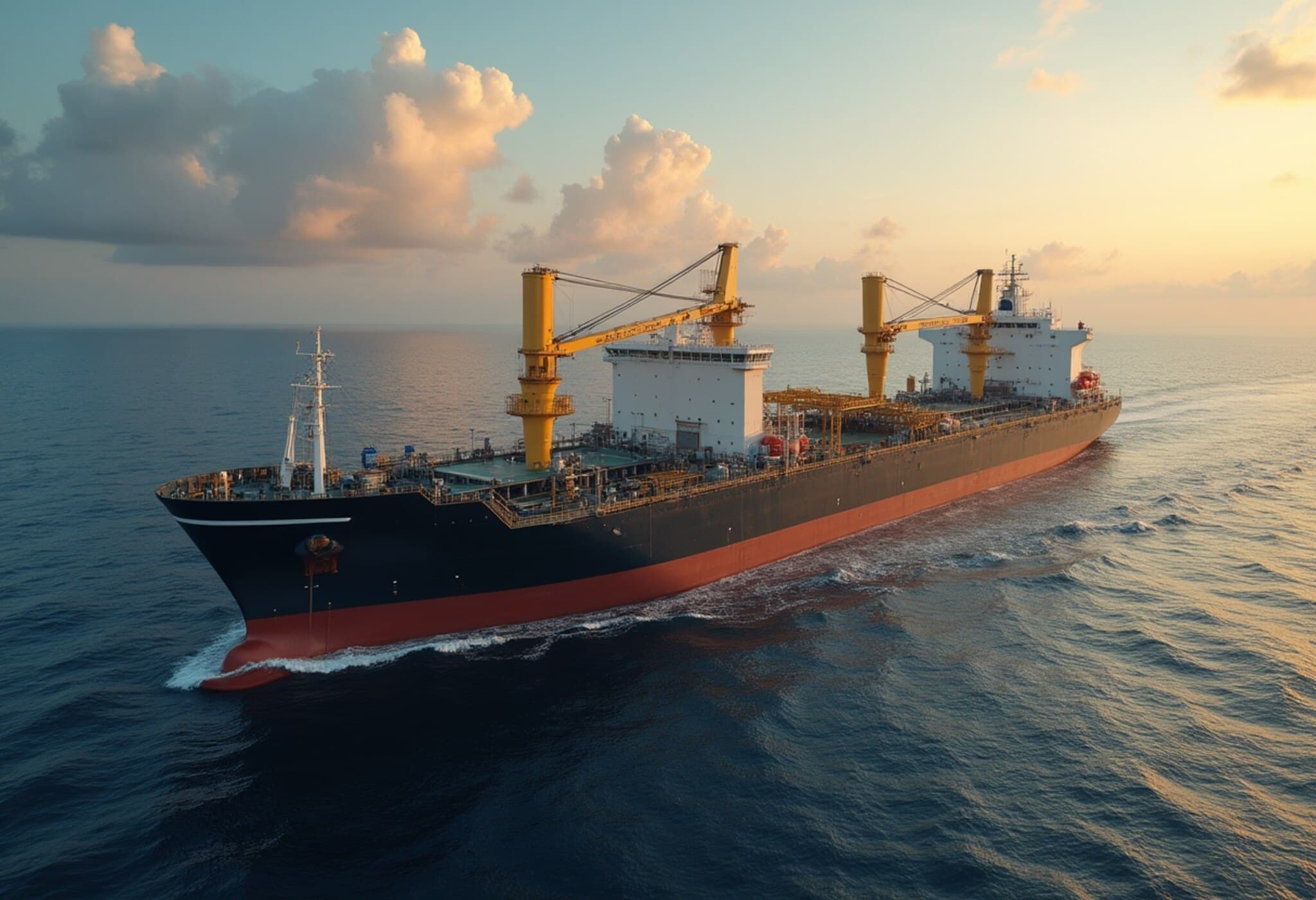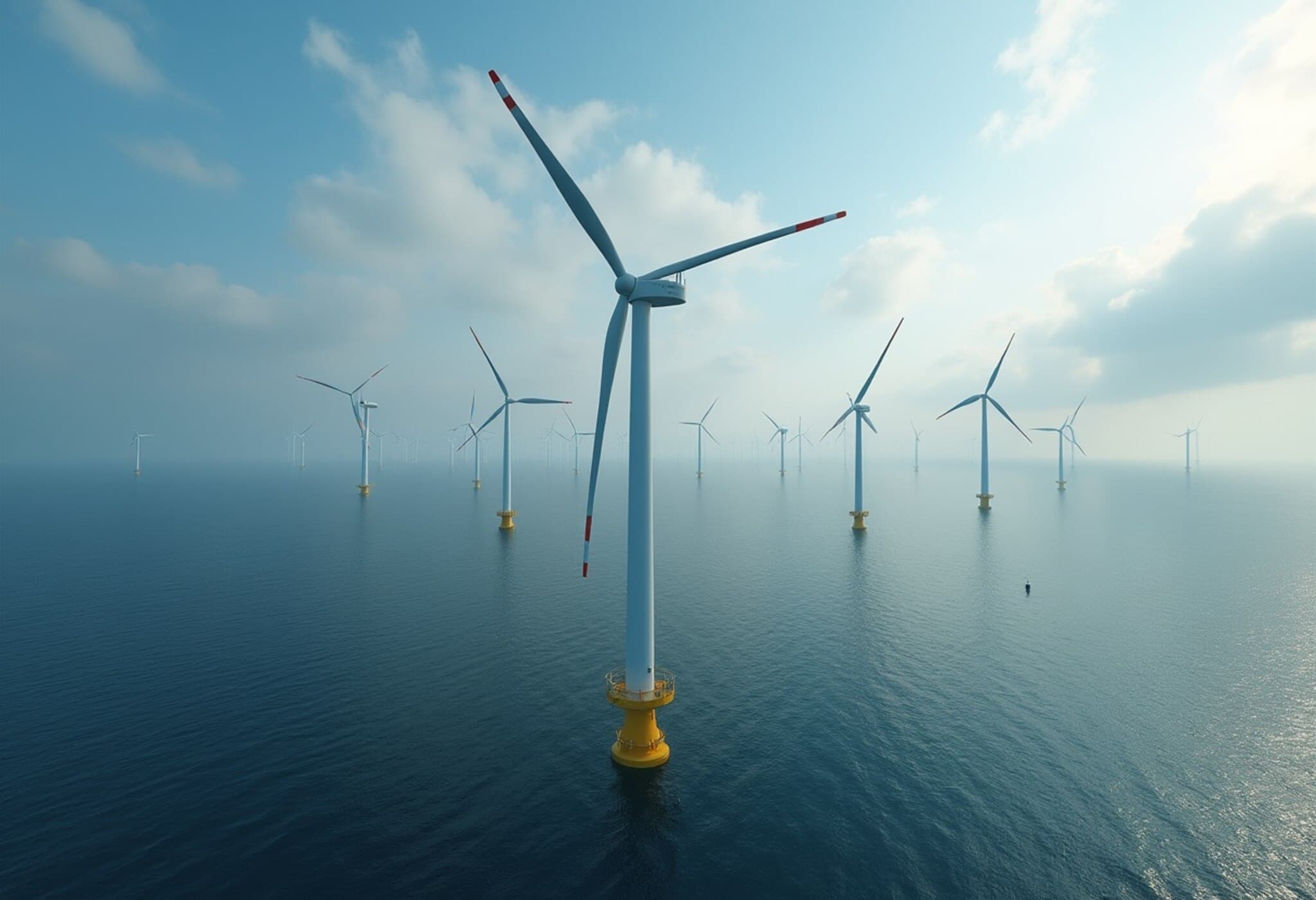India Gears Up for Deepwater Exploration with French Collaboration
In a significant stride toward asserting itself as a leader in marine energy and resource exploration, India has embarked on a journey to master the complex art of deep-sea exploration. As part of this ambitious vision, Indian scientists have traveled to France to gain hands-on experience operating deep-sea submersibles, preparing to pioneer underwater ventures under the National Deep Water Exploration Mission.
This initiative follows Prime Minister Narendra Modi's bold declaration during his Independence Day address, where he envisioned tapping into the vast, uncharted energy reserves beneath the ocean floor as a key step toward energy self-reliance and national development.
Learning from France: A Leap into the Depths
Earlier this August, Indian researchers from the National Institute of Ocean Technology (NIOT), Chennai, joined forces with experts at the French Research Institute for Exploitation of the Sea (IFREMER), gaining vital training aboard the submersible NAUTILE in the Atlantic Ocean. Operating at depths reaching 5,000 meters, this exposure has provided invaluable practical knowledge of deep-sea navigation, data collection, and equipment management under extreme underwater conditions.
Such international collaboration is more than a technical exercise; it represents a critical knowledge transfer that will directly enhance India's indigenous capabilities. The insights gained are instrumental as India prepares to deploy Matsya-6000, its homegrown manned submersible designed to explore depths of up to 6,000 meters.
From Red Fort to Ocean Depths: Symbolism and Strategy
The journey from the symbolic Red Fort, where the Prime Minister outlined India's future, to the vast Atlantic Ocean underscores the strategic pivot toward maritime resource exploration. The undersea mission, evocative of 'Samudra Manthan' — the mythological churning of the ocean — aims to unlock valuable oil and gas reserves while catalyzing technological innovation and economic opportunity.
Experts note that deepwater exploration is a challenging frontier often dominated by few technologically advanced nations. India's approach — combining international cooperation with indigenous technology development — exemplifies a pragmatic, sustainable pathway. It opens avenues not only for energy security but also for advancements in marine science, environmental monitoring, and even strategic defense applications.
Expert Insight: The Road Ahead
Dr. Meera Nair, a leading marine technology analyst, comments, "Mastering deep-sea exploration is transformative for India’s energy and scientific ambitions. The collaboration with France accelerates our learning curve, providing critical exposure to operations that are technologically demanding and high-risk. As Matsya-6000 prepares for launch, the country is poised to join a select group of nations capable of diving to such extreme ocean depths."
Implications for India's Energy and Maritime Policy
- Energy Independence: Identifying underwater oil and gas reserves could significantly reduce India’s reliance on imported fuels.
- Technological Advancement: Building expertise in submersible technology opens doors to future innovation in robotics, materials science, and oceanography.
- Strategic Autonomy: Enhanced underwater capabilities support maritime security and sovereign ocean governance.
- Environmental Stewardship: Exploring the deep sea responsibly can foster better understanding of marine ecosystems and climate change impacts.
Looking Forward: The Launch of Matsya-6000
Set to carry three crew members to unprecedented depths, the Matsya-6000 submersible represents the pinnacle of India’s Deep Ocean Mission efforts. Its success will not only symbolize a technological milestone but also catalyze new economic sectors such as deep-sea mining and underwater research.
As India positions itself on this new frontier, ongoing international partnerships like the one with France serve as essential precursors to indigenous achievements, ensuring that experience and expertise are robustly accumulated and applied.
Editor’s Note
The National Deep Water Exploration Mission marks a turning point in India’s quest for energy self-sufficiency and scientific progress. While the immediate focus rests on resource mapping and technological capability building, it also prompts critical questions: How will India balance resource exploitation with marine conservation? What measures will ensure that deep-sea ventures do not jeopardize fragile oceanic ecosystems? And how will such strategic ventures influence India’s role in global maritime governance?
These unfolding developments invite us to watch closely as India dives deeper — both literally and metaphorically — into the blue frontiers that promise extensive rewards alongside profound responsibilities.











